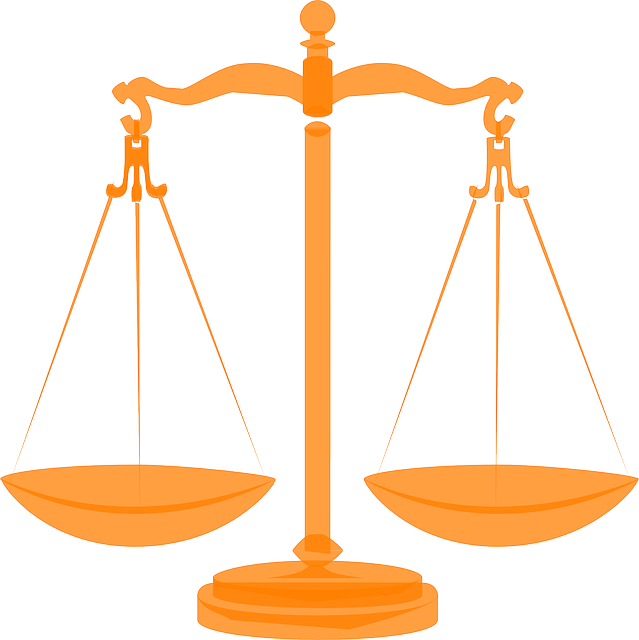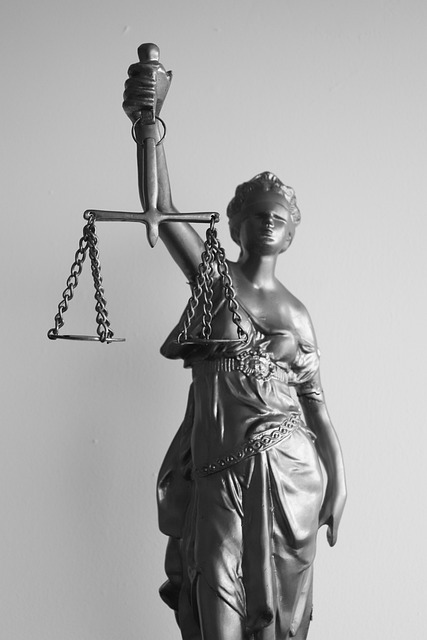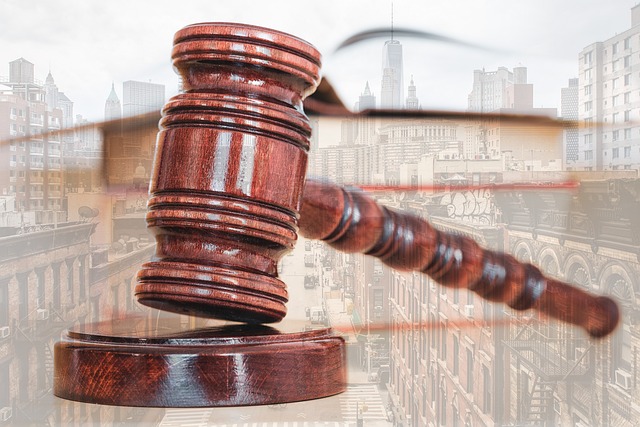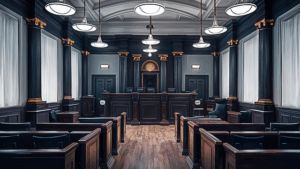Houston criminal lawyers are experts at identifying and challenging inadmissible evidence like hearsay, speculation, and personal opinions to ensure a fair trial for their clients. They strategically suppress improper testimony and evidence through cross-examination, evidentiary challenges, and motions to suppress, protecting the rights of the accused against illegal searches, coerced confessions, and biased witness testimonies. Successful suppression strategies have led to the overturning of wrongful convictions, highlighting the crucial role Houston criminal lawyers play in upholding justice and defending their clients' freedom.
In the pursuit of justice, understanding the boundaries of admissible evidence is paramount. This article delves into the intricate process of challenging improper evidence and suppressing inadmissible testimony, crucial aspects of any legal defense. From deciphering what constitutes unlawful evidence to exploring strategic legal tools, it guides readers through a complex landscape. A Houston criminal lawyer plays a pivotal role in these suppression efforts, ensuring fair trials. Through real-world case studies, we illustrate the profound impact successful suppression attempts can have on legal outcomes.
- Understanding Inadmissible Evidence: What Counts as Improper?
- Strategies to Challenge Inadmissible Testimony: Legal Tools at Your Disposal
- The Role of a Houston Criminal Lawyer in Suppressing Harmful Evidence
- Case Studies: Successful Suppression Attempts and Their Impact on Trials
Understanding Inadmissible Evidence: What Counts as Improper?

Inadmissible evidence refers to any information or testimony that a court refuses to consider during a trial due to its lack of reliability or relevance. This can include a wide range of materials and testimonies, such as hearsay statements (out-of-court declarations offered for truth), speculation or conjecture, and irrelevant personal opinions. A Houston criminal lawyer should be adept at recognizing and challenging these types of evidence to protect their client’s rights.
Properly identifying inadmissible evidence is crucial in any legal proceeding. Hearsay, for instance, is a common pitfall; statements made by someone who is not testifying in court are generally considered unreliable and cannot be used as proof. Other forms include character evidence (testimony about a person’s reputation or tendencies rather than specific actions) and speculative or conjectural testimony that lacks factual support. Understanding these classifications is key for both prosecutors and defense attorneys to navigate the complex rules of evidence and ensure a fair trial.
Strategies to Challenge Inadmissible Testimony: Legal Tools at Your Disposal

When facing inadmissible testimony or improper evidence in a legal proceeding, a Houston criminal lawyer has a range of strategic tools at their disposal to challenge and suppress such material. One common approach is to employ rigorous cross-examination techniques. This involves questioning the witness extensively about their testimony’s credibility, potential biases, and the reliability of their recollections. Lawyers may also request that the judge instruct the jury to disregard certain evidence or statements, emphasizing its inadmissibility.
Additionally, legal professionals can leverage evidentiary rules and case law to exclude inappropriate testimony. For instance, they might argue that a witness’s statement is hearsay, lacking the necessary guarantees of reliability and trustworthiness. Houston criminal lawyers are well-versed in these nuances, ensuring they present a robust defense by utilizing the appropriate legal mechanisms to protect their client’s rights and ensure a fair trial.
The Role of a Houston Criminal Lawyer in Suppressing Harmful Evidence

In any legal proceeding, the role of a Houston criminal lawyer is pivotal in safeguarding the rights of the accused. One of their primary tasks is to challenge improper evidence that could potentially harm their client’s case. This involves meticulous scrutiny of police procedures and gathering evidence to prove that certain pieces of information or items were obtained illegally. For instance, if a search warrant was executed without proper cause or a confession was extracted through coercion, the lawyer will argue for the suppression of such evidence.
A Houston criminal lawyer employs strategic tactics to navigate complex legal landscapes. They might file motions to suppress before trial, presenting arguments and case law to convince the judge that certain evidence should be excluded. During pre-trial hearings, they cross-examine witnesses and investigators to uncover procedural irregularities or inconsistencies in police accounts. This meticulous approach not only ensures a fair trial but also safeguards against wrongful convictions, making the lawyer an indispensable ally for those facing criminal charges.
Case Studies: Successful Suppression Attempts and Their Impact on Trials

In many high-stakes cases, especially those handled by a Houston criminal lawyer, successful suppression attempts have significant impacts on trials. For instance, in 2018, a key piece of evidence—a supposedly incriminating video—was deemed inadmissible due to its acquisition through illegal search and seizure practices. The video, which showed the defendant at a gathering before the alleged crime, was excluded from the trial, leading to a hung jury and subsequent acquittal. This case illustrates how effective suppression strategies can overturn convictions and set individuals free, underscoring the importance of legal tactics aimed at keeping inadmissible evidence out of court.
Another notable example involves testimony from an eyewitness who claimed to have seen the defendant at the scene of a robbery. However, upon closer inspection, it was revealed that the witness had been influenced by police suggestion and lacked independent corroboration for their statement. The defense lawyer, leveraging case law and expert testimony on cognitive biases, successfully had the witness’ testimony suppressed. This move prevented the prosecution from building its case, ultimately resulting in a mistrial. These successful suppression attempts not only protect the rights of the accused but also ensure that justice is served by admitting only reliable, relevant evidence.
Inadmissible evidence and biased testimony can significantly sway trial outcomes, which is why a Houston criminal lawyer plays a pivotal role in protecting defendants’ rights. By employing strategic challenges and utilizing legal tools, these attorneys ensure fair trials, suppress harmful evidence, and safeguard the integrity of the justice system. Understanding what constitutes improper evidence and mastering the art of questioning witnesses are key skills for both lawyers and clients alike, ultimately leading to more just and equitable outcomes in criminal cases.
